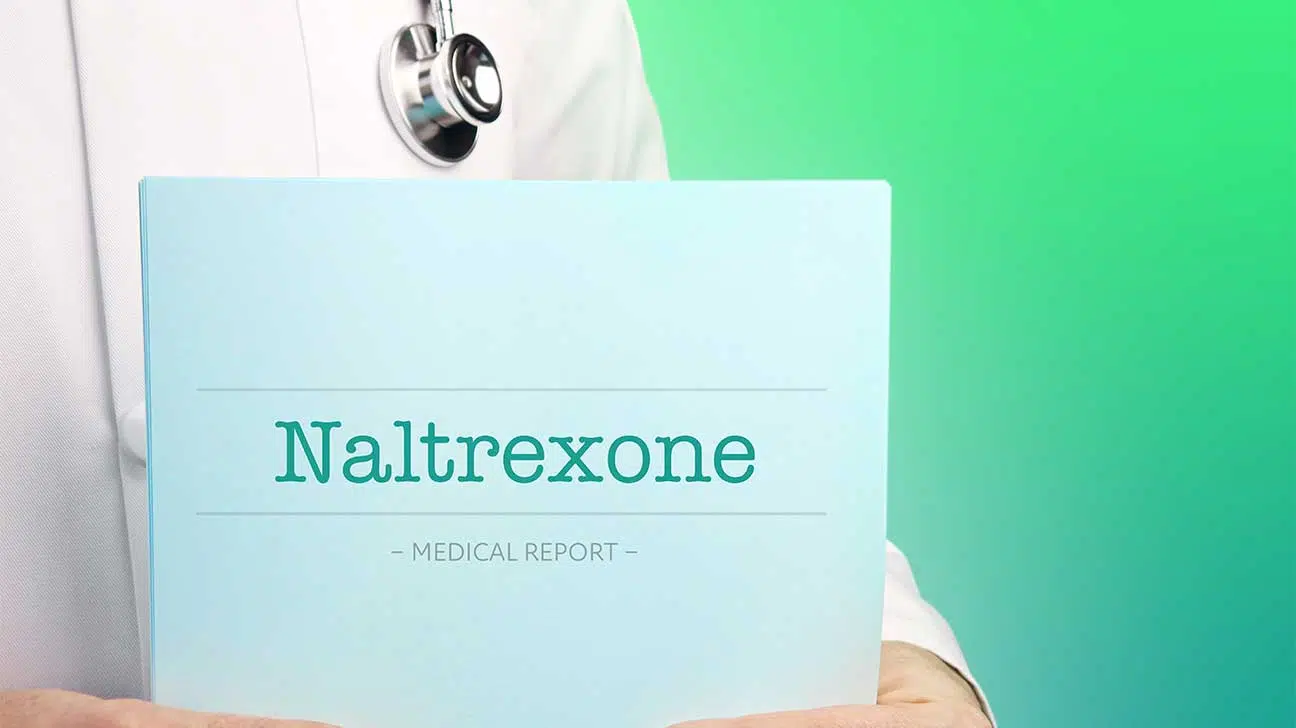
Vivitrol is an extended-release form of the opioid antagonist naltrexone. It was approved by the Food and Drug Administration (FDA) in 2006 after clinical trials for the treatment of alcohol abuse.
In the years since, Vivitrol has been utilized by medical professionals for the treatment of opioid withdrawal in treatment programs due to its non-narcotic, non-addictive properties.
Since Vivitrol is not known to be addictive and has little to no potential for abuse, it is not currently considered a controlled substance.
Vivitrol Is The Only Opioid Addiction Medication That Is Not A Controlled Substance
In order for a drug to be scheduled as a controlled substance, it must have the potential for addiction and physical dependence. Vivitrol features neither of these qualities.
Low Potential For Addiction And Abuse
Vivitrol does not cause physical dependence or pleasurable feelings from use. Taking Vivitrol will have little effect on a person’s state of mind unless they are currently using opioid drugs.
No High Achieved From Taking Vivitrol
People with opioid use disorder get a euphoric high when receptors in the brain attach to the active chemicals in the drug.
Vivitrol prevents drugs from attaching to these receptors and prevents the euphoric high of opioid use.
This helps people with opioid dependence wane off the drug safely with less-severe withdrawal symptoms.
What Drug Class Is Vivitrol?
Vivitrol is part of a drug class called opiate antagonists. They work by reducing the cravings for alcohol and opioid street drugs or medications.
Vivitrol is typically administered by a healthcare professional by intramuscular injection.
Is Vivitrol The Same As Suboxone?
Both Suboxone and Vivitrol are used to help reduce cravings and protect against relapse. These drugs can be effective against addiction, but they do have notable differences.
Suboxone is an opioid agonist that can reduce drug use and the chance of relapse in both the short term and long term.
Even low doses of Suboxone can be dangerous when taken with other central nervous system depressants such as alcohol. Common side effects of this drug include headaches and insomnia.
Vivitrol is a medication that can only be given after a person has been off opioids for at least a few days. This may pose a risk in some people for relapse in the first few days of abstinence from opioids.
Why People May Abuse Vivitrol
People may abuse Vivitrol to override the opioid antagonist effect or to make themselves more sensitive to opioids after completing a medication-assisted treatment program using Vivitrol.
Abusing Vivitrol will not yield a high such as the kind you’d feel with opioids, but it will make the effects of opioids more intense, and can easily lead to opioid overdose.
Risks Of Vivitrol Misuse
Even though Vivitrol misuse is rare, it can pose serious health risks.
Health risks of abuse include:
- increased risk of overdose from opioids
- irritability
- insomnia
- suicidal thoughts
Healthcare providers recommend entering a rehab program for substance abuse that offers treatment options such as medically monitored detox, MAT, and counseling.
Find Substance Use Disorder Treatment Today
Call our helpline today for more health information on the side effects of naltrexone or the risks of opioid addiction.
Our team can assist you in finding an addiction treatment center that works for you, or we can provide a referral for medical advice.
Addiction Resource aims to provide only the most current, accurate information in regards to addiction and addiction treatment, which means we only reference the most credible sources available.
These include peer-reviewed journals, government entities and academic institutions, and leaders in addiction healthcare and advocacy. Learn more about how we safeguard our content by viewing our editorial policy.
- National Institute of Health (NIH)
https://pubmed.ncbi.nlm.nih.gov/8911587/ - U.S. Department of Health and Human Services (HHS)
https://www.hhs.gov/opioids/ - U.S. Drug Enforcement Agency (DEA)
https://www.dea.gov/factsheets/methadone - U.S. Food and Drug Administration (FDA)
https://www.fda.gov/drugs/information-drug-class/information-about-medication-assisted-treatment-mat


